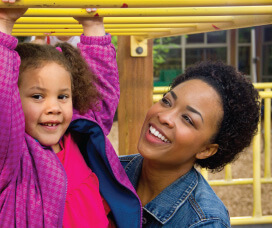5 Crucial Steps Helping Divorced Parents...
By Rosalind Sedacca, CDC 1. DECIDE TO LET GO If you truly want to move on from your divorce you must learn to let go of negative emotions that hold you hostage. That includes anger, resentment, blame, jealousy, hatred and anxiety. Of course, there is a time and place for experiencing those emotions. Allow yourself to feel them – to mourn the dream that turned sour. Then make a decision to let them go. Do this for your benefit – not on behalf of your former spouse. Negative emotions can hold you in limbo and suck the life out of you. You get stuck in a place that’s painful to experience and it makes you unpleasant to be around. For the sake of your children – if not for yourself – decide to let it all go. Determine to move on. Yes, it’s not always easy to do, but








